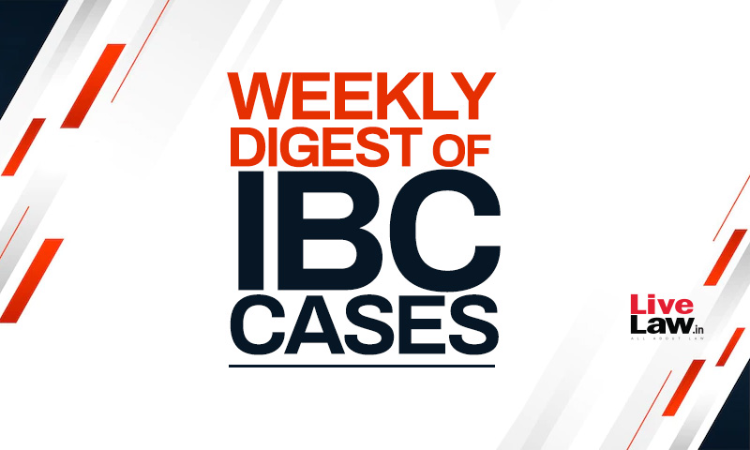Next Story
5 Sept 2023 1:00 PM IST
Supreme Court EPFO Employees Must Comply With IBC Timeline For Filing Claims; Default Officers Must Face Action: Supreme Court Case Title: Employees Provident Fund Organization V. Fanendra Harakchand Munot Citation: 2023 LiveLaw (SC) 734 | CIVIL APPEAL NO. OF 2023 The Supreme Court Bench comprising Justice Sanjiv Khanna and Justice SV Bhatti, has held that the Commissioner...

